Students from the richest 1 percent of families in the United States are overrepresented in the nation's elite private colleges, according to a new study by Opportunity Insights, a group of Harvard University researchers and policy analysts studying inequality.
Students with parents in the top 1 percent income level, or having an income over $611,000, are more than twice as likely to attend the nation's most selective private colleges as students from middle-class families with similar test scores, the study found.
It focused on 12 colleges from the Ivy League Plus, which includes the eight Ivy League schools, Stanford University, Massachusetts Institute of Technology, Duke University and the University of Chicago.
The researchers analyzed anonymous admissions data linked to income tax records from 1999 to 2015 and SAT and ACT test scores from 2001 to 2015.
They said their aim was to discover the relationship between the socioeconomic diversity of the nation's leaders and the admissions policies of elite schools.
Highly selective private colleges serve as gateways to the upper echelons of society in the U.S., as leadership positions in the country are disproportionately held by graduates of a few highly selective private colleges, the study said.
"Because these colleges currently admit students from high-income families at substantially higher rates than students from lower-income families with comparable academic credentials, they perpetuate privilege across generations," it said.
Less than 0.5 percent of people in the U.S. attend Ivy Plus colleges. Yet, these 12 colleges account for more than 10 percent of Fortune 500 CEOs, one-fourth of U.S. senators, half of all Rhodes scholars, and three-fourths of Supreme Court justices appointed in the past half-century, the study found.
Driving factors
The findings show that the high-income admissions advantage at private colleges is driven by three factors: Legacy preference, weight on non-academic credentials and athletic recruitment.
Based on their calculation, the researchers found that 46 percent of the admissions advantage comes from legacy programs; non-academic ratings, which are based on a student's personality and extracurricular activities, explain 30 percent of the advantage; and recruitment of athletes is responsible for 24 percent of the admission boost.
Students from higher-income families are more likely to have higher non-academic ratings than the middle class, and those affluent students tend to excel at expensive, elite sports that the elite colleges often cater to.
Attending one of the elite institutions increases students' chances of reaching the top 1 percent of income by 60 percent, almost doubling the likelihood of attending an elite graduate school and tripling chances of getting hired by a prestigious company.
At the same time, these colleges have the capacity to substantially diversify society leaders in terms of their socioeconomic backgrounds by changing their admissions policies, researchers said.
"Simply removing the admissions advantages currently conferred to students from high-income families could increase socioeconomic diversity by an amount comparable to the impacts of race-based affirmative action on racial diversity," they concluded.












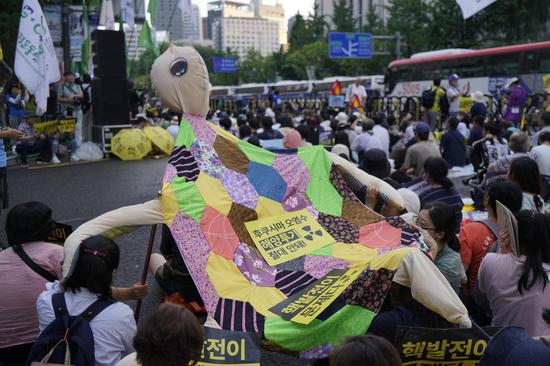








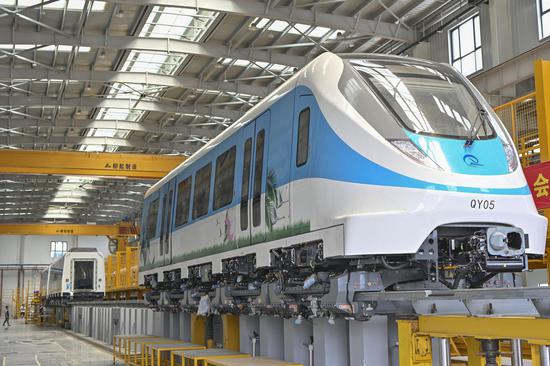
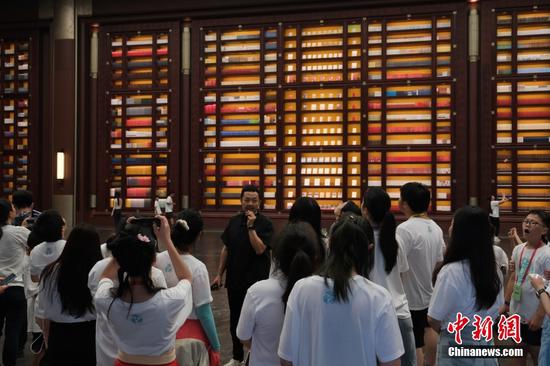

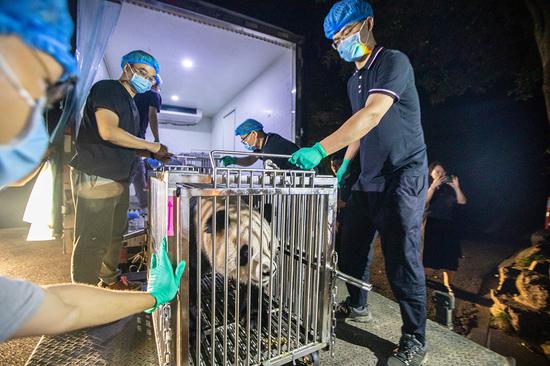

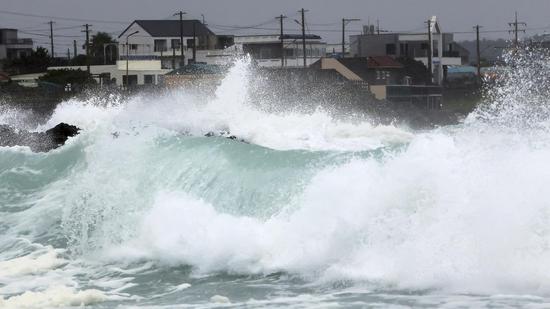



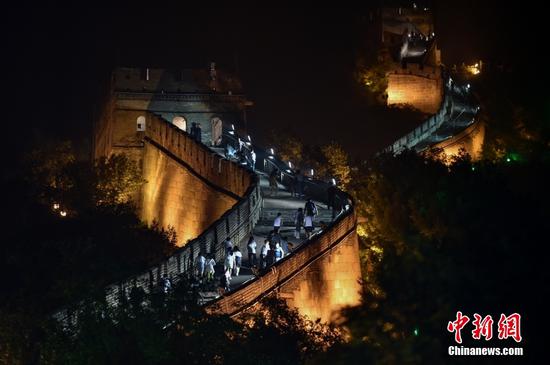
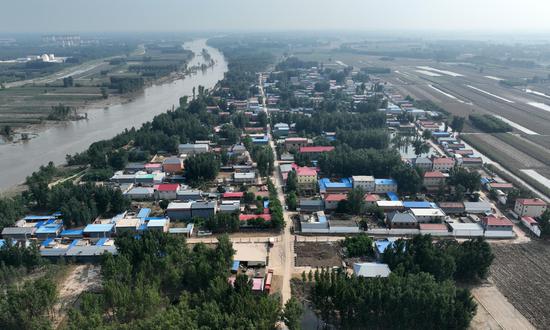
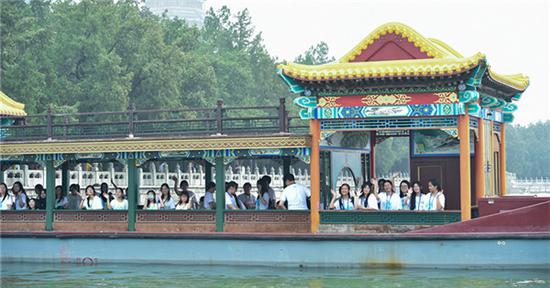





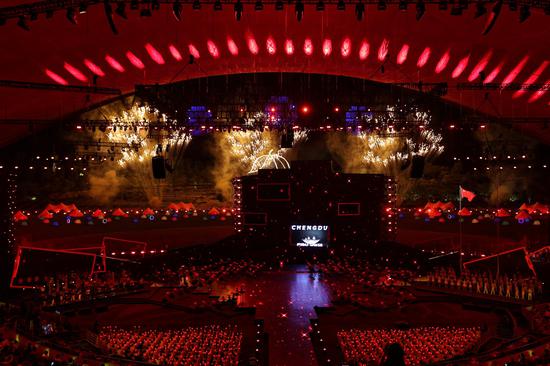

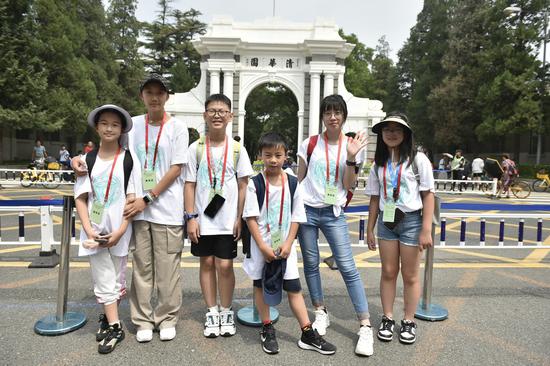

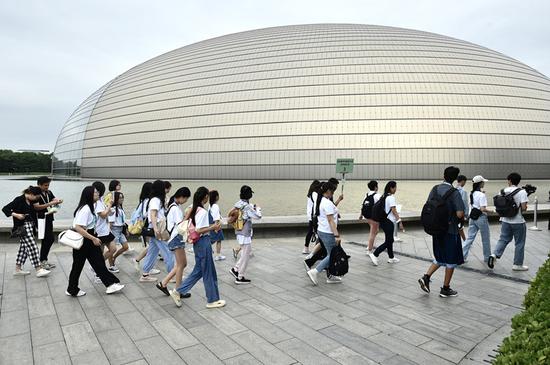
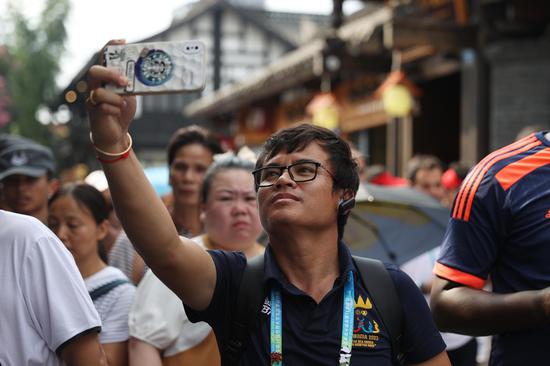






 京公网安备 11010202009201号
京公网安备 11010202009201号